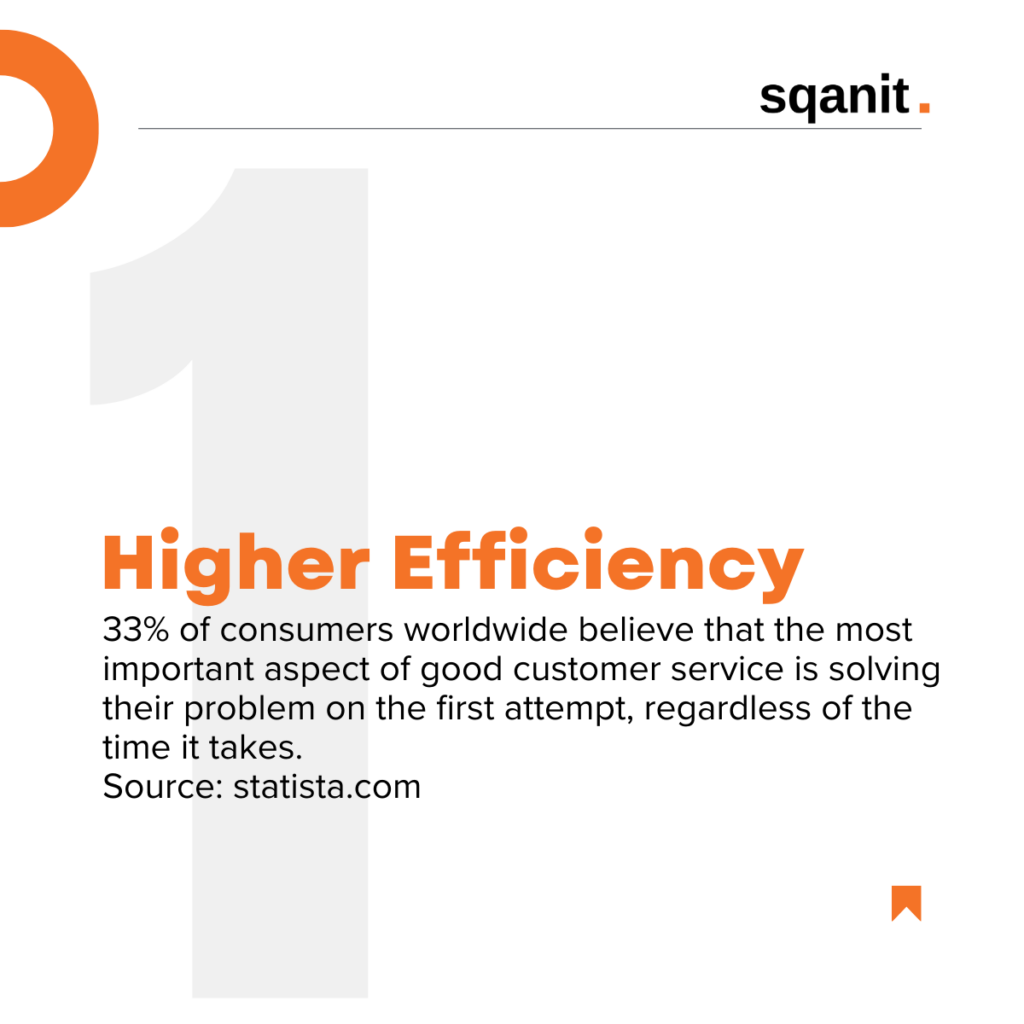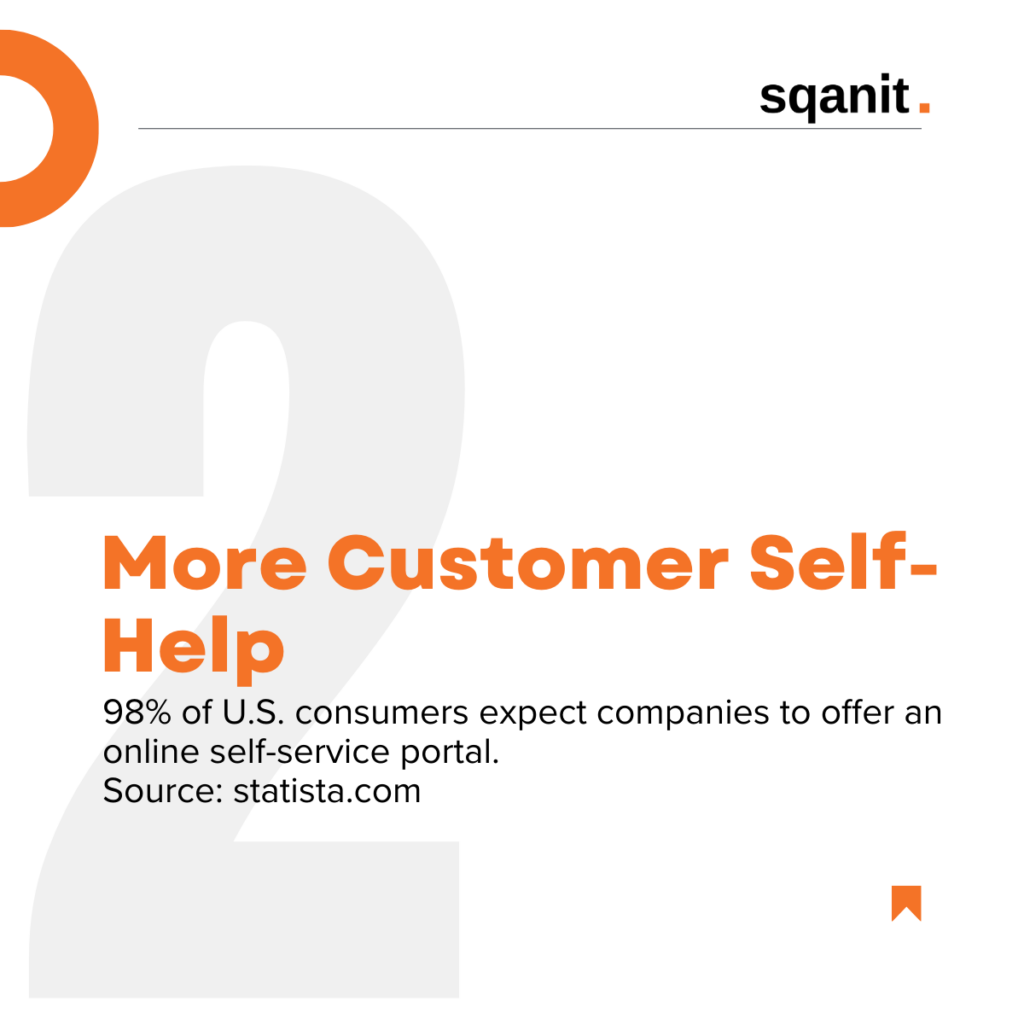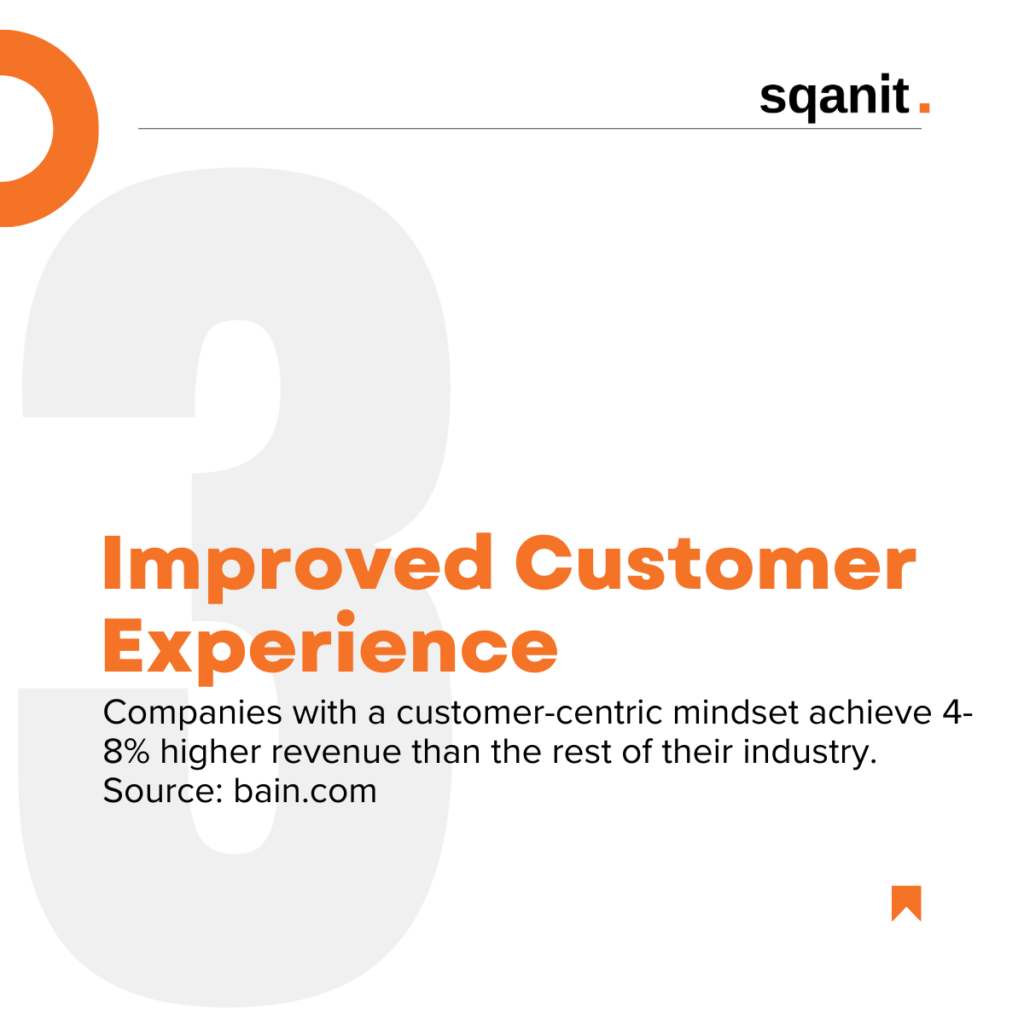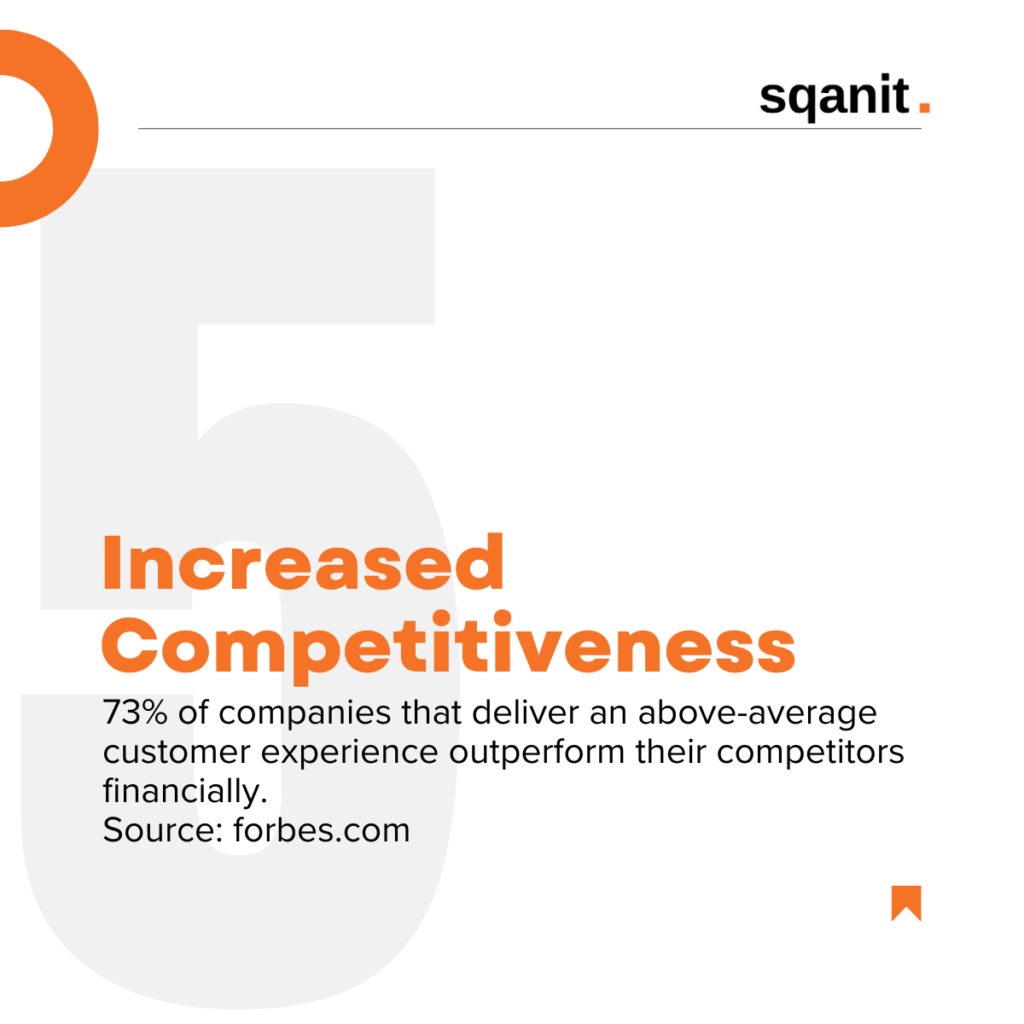What is Service Management Softwares?
Service management softwares helps businesses organize and deliver exceptional customer service. These tools often include customer support features and self-service options that streamline troubleshooting, product maintenance, and diagnostics, while also simplifying routine tasks. At its core, quality service management software should empower businesses to manage every interaction with their customers effectively.
How Service Management Softwares Is Used Across Industries
Delivering outstanding customer service requires the ability to identify challenges, understand issues, and communicate effectively with customers—no matter the industry. However, it’s essential to recognize that the specific needs for service management softwares can vary significantly depending on the sector. Let’s take a look at a few examples:
- Home Appliance Providers
Rely on efficient customer support to address product-related issues. - Medical Device Suppliers
Depend on regular inspections and inventory management to maintain high standards. - Laboratory Equipment Vendors
Need a mix of customer support and compliance management to ensure smooth operations.
Given these diverse requirements, it’s crucial to carefully research and select a software provider that offers the flexibility to adapt to your unique needs.
By choosing the right service management softwares, businesses can not only enhance their customer interactions but also build a foundation for long-term success.

5 Key Benefits of Service Management Softwares
Ideally, service management softwares complements a company’s existing technology, adding value beyond the supply chain while reducing avoidable costs. Here are five key benefits that make it indispensable:

1. Streamlined Customer Service
In customer support, every minute counts. No matter your industry, keeping customers waiting is never a good idea. At the same time, it’s essential to resolve service requests quickly and effectively.
According to Statista, 33% of consumers worldwide believe the most important aspect of good customer service is resolving their issue on the first attempt, regardless of how long it takes.
Service management softwares directly supports this goal by helping manage, prioritize, and resolve service cases efficiently. It also significantly increases the likelihood of solving problems on the first try, enhancing the overall customer experience.

2. Empowering Customers with Self-Service Options
Modern customers want the ability to find solutions to their questions or issues on their own. This demand has grown even stronger during the pandemic.
Customers expect helpful information to be accessible 24/7, eliminating the need to wait, call a support agent, or send an email. In fact, 98% of U.S. consumers expect companies to offer an online self-service portal, according to Statista.
This is where service management softwares shines. By enabling self-service, it not only empowers customers but also reduces the workload on support teams. With fewer incoming standard requests, service agents can focus their efforts on more complex and critical tasks.

3. Enhanced Customer Experience
Service management softwares that enhances the customer experience creates a ripple effect of benefits, impacting both short-term satisfaction and long-term loyalty. It enables businesses to deliver exceptional service in the moment while simultaneously gathering valuable data for future improvements—all while ensuring compliance with data privacy regulations (such as GDPR).
This data can include insights into customer and device behavior, as well as service case statistics. Analyzing and interpreting this information provides a clearer picture of customer needs and preferences.
With these insights, businesses can make informed decisions to optimize processes, improve services, and refine their products. The payoff is significant: customer-focused companies generate 4–8% more revenue than their industry peers, according to Bain & Company.

4. Increased Brand Loyalty
Retaining existing customers is far more cost-effective than acquiring new ones, making customer satisfaction a critical focus for businesses. According to a report by Microsoft Dynamics 365, 95% of consumers state that customer service plays a significant role in their loyalty to a brand.
Investing in service management software that helps maintain high levels of customer satisfaction directly impacts brand loyalty. Happy customers are not only more likely to make repeat purchases but also to recommend your products to others, expanding your customer base organically.
In today’s competitive landscape, strong brand loyalty isn’t just a nice-to-have—it’s a business imperative.

5. Enhanced Competitiveness
Improving the customer experience is key to staying ahead of the competition. As new technologies continue to play an increasing role in customer service, software designed to elevate the customer experience can become a powerful differentiator in the marketplace.
According to Forbes, 73% of companies that deliver an above-average customer experience achieve better financial performance than their competitors. This highlights the critical importance of adopting a customer-centric approach for businesses aiming to thrive and grow.
By leveraging service management softwares, companies can position themselves as leaders in their industry, creating lasting value for both their customers and their business.
Providers of Service Management Softwares
Service management software solutions offer a wide range of features, enabling businesses to manage assets, teams, and customer inquiries while ensuring compliance with regulations such as GDPR.
A notable example is sqanit, a cloud-based service and communication management system. It provides sophisticated tools to enhance relationships between companies and their customers while reducing operational costs.
If you would like to learn more about this topic, please fill out the form, and we will get in touch with you!
The benefits extend beyond the service department, positively impacting the entire organization. The service team gains from product data analysis, the marketing department can significantly boost brand image, and the sales team acquires a compelling competitive advantage.




